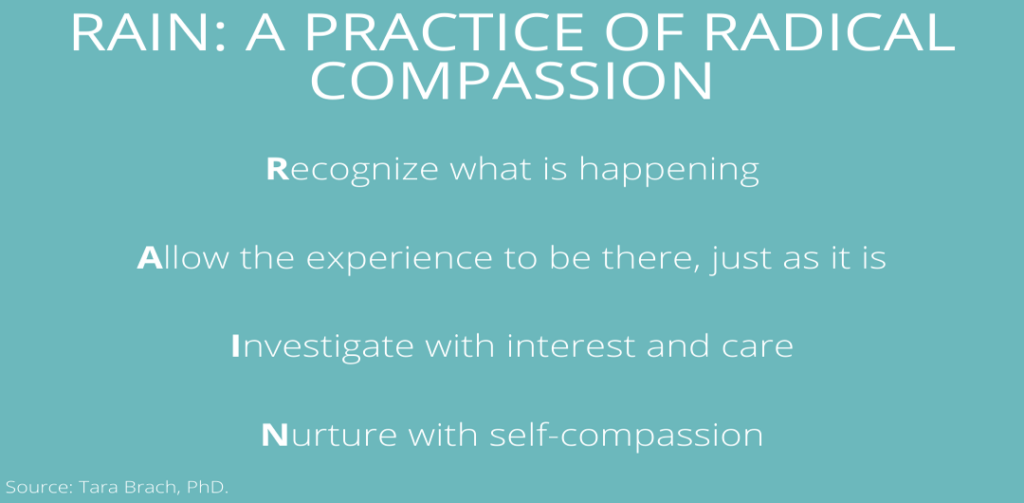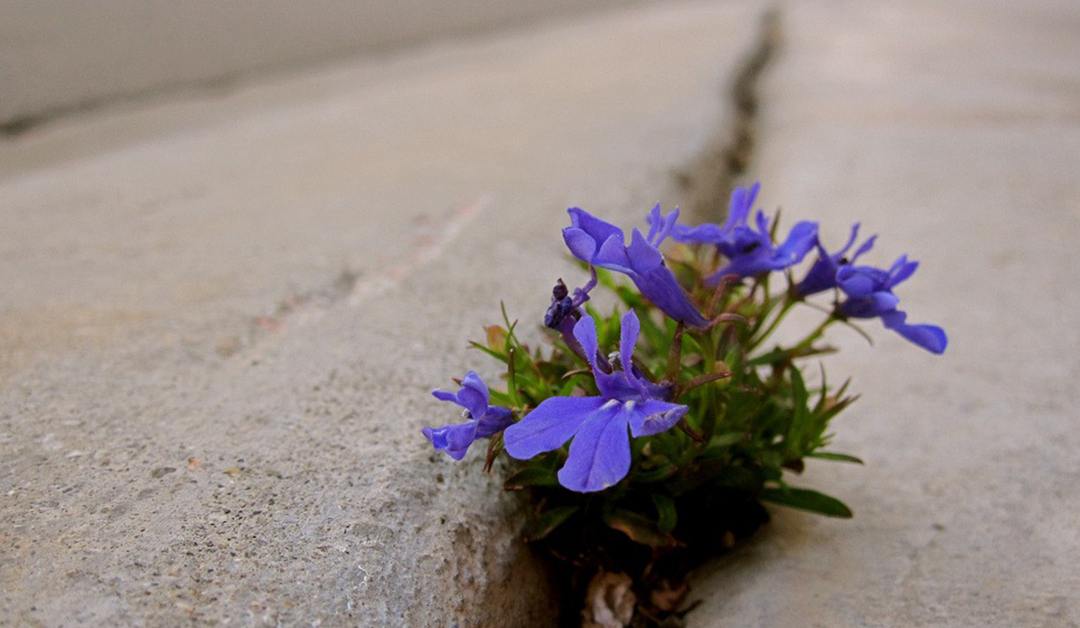During the COVID-19 pandemic, what we are all going through right now is stressful to say the least. It is an unprecedented time, and we’ve had to adapt and change the way we live and interact with the world. It is understandable that this current situation is bringing about multiple stressors:
- Having to stay home for extended periods of time away from family and friends, creating a sense of disconnection and loneliness.
- Financial stress and increasing unemployment.
- A lack of connection with our communities, leading to social isolation and decrease in general well-being.
- Having to manage our own health, or the health of loved ones who may have gotten sick.
The stress is real, and though the world will make it through this pandemic, it is important that we are able to cope with and manage our stress to prevent long-term effects such as hypertension, chronic illnesses, insomnia, anxiety, and depression.
In addition to managing our stress with gratitude, we can also cultivate resilience through this difficult time to respond to our stressors.
What is cultivating resilience?
According to the American Psychological Association, resilience is the process of adapting well in the face of adversity, trauma, tragedy, threats, or significant sources of stress.
Both stress and resilience are built into the neurobiology of how our brains work. Studies have shown that the experiences that we go through during the course of our lives shape the structure and function of our brains, something known as experience dependent plasticity. Essentially, this means that going through experiences over and over again can change how our brains work and how we perceive the world around us. So the neuroscience phrase that says, “Neurons that fire together wire together!” is absolutely true. We increase what we focus on, whether it’s a build up of stress or the cultivation of resilience.
Environmental exposures are one important source of forming brain connections. If we can create positive environments for ourselves, we can work through feelings of stress and move towards positivity and resilience, changing the wiring of our brain.
Mindfulness as a way to cultivate resilience
One way that we can become resilient in times of stress is through the practice of mindfulness. Tara Brach describes mindfulness as “a way of paying attention moment-to-moment to what’s happening within and around us without judgment.” In other words, mindfulness is being aware of what is happening in this very moment, using our five senses with acceptance.
A specific mindfulness technique we can use to create positive experiences around us is the RAIN acronym. This is a series of steps that help us process different moments in our life for what they truly are.

Going through these steps allows us to slow down and understand the stress, emotions, and feelings we are going through in a given time. Rather than having our stress control us, we can accept it for what it is, and reflect on how we can come to terms with it and treat ourselves with self-compassion.
The simple choice of working through our stress through mindfulness can help us create a positive environment for ourselves and become resilient in the face of difficult times.
To discover more about cultivating resilience and learn easy-to-use steps, please join me in my new course starting in January called Cultivating Resilience In Difficult Times. We will meet in a small virtual group for four Thursdays in January 2021.

